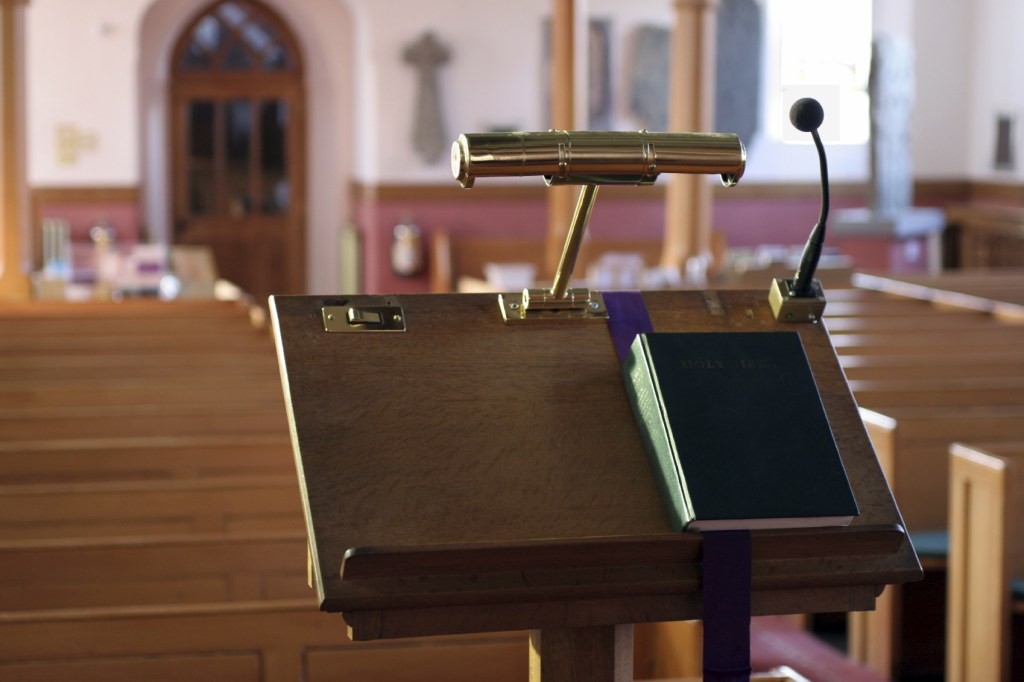
The church can and should continually engage the cultures and ethos of its time and season to help its congregants understand and navigate the murky waters of the seasons. However, it should still be counter-cultural and avoid making public pulpit political activism the main thing that characterises or defines the Christian faith.
“When you mix politics and religion, you get politics.” – Rev. Gene Carlson.
As Americans rancorously settle under a new government, one thing that is yet to settle is the rifted relationship amongst many, particularly those of the Christian faith. The online commentaries were quite interesting as Christian political activism took centre stage. Christians accused fellow Christians of falling away from “evangelical theology”, simply because they described the religious political movement as a plot to prey on peoples’ deep religious allegiance to justify and defend canonised western values.
Citing the decay in moral values as the reason for plunging into political activism, many people of faith endorsed some choreographed efforts to engender “godly candidates” and “shape laws”. Pundits in the pulpit slanted sermons to fit self-righteous political muckrakers, not minding if it was getting in the way of the gospel. As a backlash, many frowned at this act of making the church bow to any political party or politician’s talking points. They further described it as not good for the faith that is founded on love. Their other reasons were that politicians will always pounce on opportunities to tout religion as an important factor in shaping and marketing their views, and raise questions about the nature of their opponents’ religious commitment.
Christian activism is making us focus too much on “what we are against”, more than what we stand or should stand for (the Gospel which is the good news of salvation). One question I got from a lady who was not happy with the direction the church had taken regarding politics was “who will protect voiceless Christians from our leaders’” act of politically misrepresenting our beliefs, and presenting their personal opinion as ours all because they want to gather political capital or gain attention? My response to her was that we need to square everything we hear from the pulpit with what is really embedded in the Bible, and then work towards acting out what is expected of a Christian from a biblical standpoint.
There are numerous spiritual insights within the existing Christian traditions that can be given more prominence to promote unflustered and pleasurable engagements in our societies. For example, we can engage in conversation with intent to understand, instead of listening with intent to attack.
It is true that the morality of Christianity frowns at same-sex marriage and abortion. However, this is the lens by which we should view things: It also frowns at so many other things our society and politicians do, irrespective of party difference. Instead of competing to present the best answers for or against prophecies the Bible equates with life in the last days, we need to renew or draw attention to Jesus’ teachings about personal struggles in the end times, social justice, peace, solutions to our worsening culture or cultural divide, and spark a new interest in public policies that can further address problems of health, hatred, crime and poverty. More so, total confidence in human institutions and whiffling political processes will have zero impact on biblical end time prophecies.
If we keep encouraging the growth of exclusivist fundamentalist movements from the pulpits, we might raise a generation of believers who will misrepresent a procrustean system for statecraft. There are numerous spiritual insights within the existing Christian traditions that can be given more prominence to promote unflustered and pleasurable engagements in our societies. For example, we can engage in conversation with intent to understand, instead of listening with intent to attack.
Religious institutions and sacred scriptures are meant to inspire beliefs and practices that should affect people’s attitudes towards global common good. The church can and should continually engage the cultures and ethos of its time and season to help its congregants understand and navigate the murky waters of the seasons. However, it should still be counter-cultural and avoid making public pulpit political activism the main thing that characterises or defines the Christian faith. Emulating the life of Jesus Christ and biblical directives should be the crux of the Christian faith.
David Dimas, a author, blogger and inspirational speaker, writes from Laurel, Maryland, U.S.A. Email: ddimas01@yahoo.com; Twitter: @dimas4real.
END

Be the first to comment